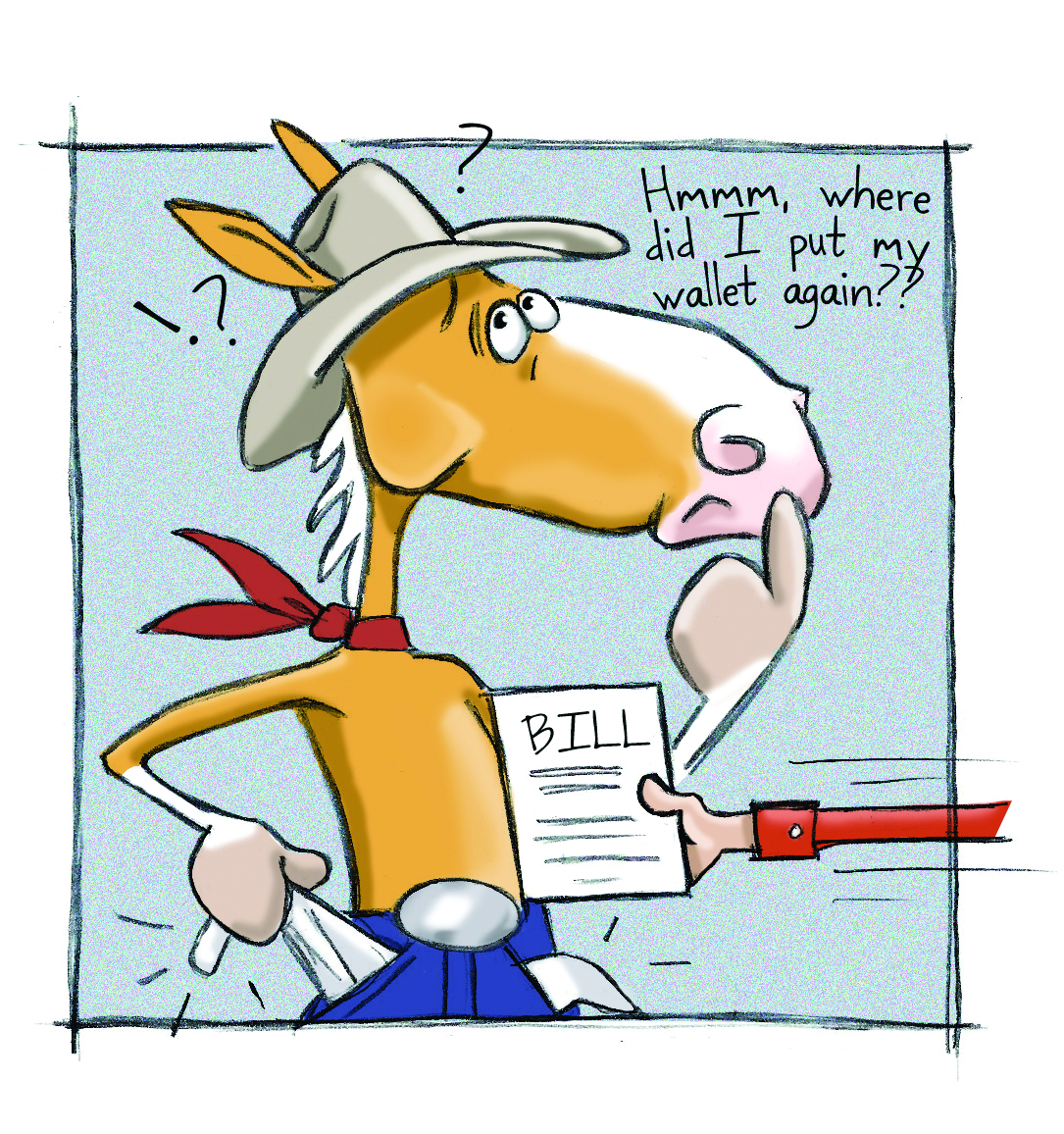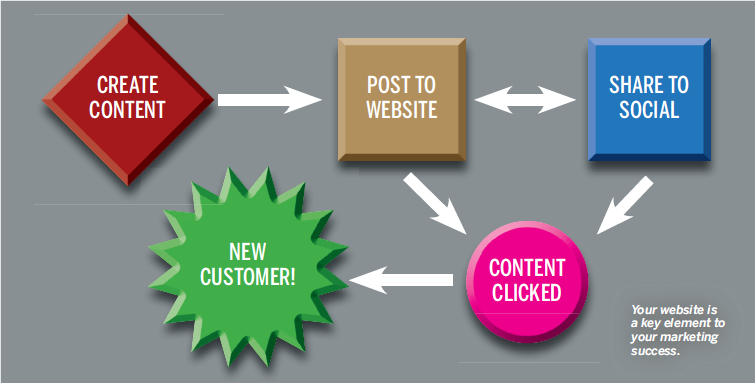Learn to handle the five most common client-trainer conflicts.
By Kelley Forseth, With Alexis Bennett

Dinners; long days and nights at shows; and hours of exchanges about the horse, performances, life, and riding often blur the lines between what’s professional and what’s personal with trainers and clients. When something goes wrong, it can make it difficult to confront the issue because you don’t want to change the relationship. Conflict and difficult conversations never get easier, but you can get better at handling them.
In this series, I’ll analyze five common trainer/client conflicts and the reactions you might have to them, from least and most desirable. Aim for the best response possible when dealing with clients, and know that sometimes it’s not always achievable. They are:
Part 4: Better-Than-the-Rest Billie
No-Pay Paul
The scenario: It’s been a week. You understand that life happens, but this isn’t the first time you’ve had to talk about money with your client. You have a late-payment policy. When you remind him of this, he’s quick to process a payment. Last time this happened, it took two weeks for payment to clear, and by then the following month’s fees were due.
Other than the late payments, he’s a great client. He’s easy to work with, he brings energy and positivity whenever he’s around, and his horses are nice to work with. You don’t want to lose him, but you’re worried other clients will start to get upset at his special treatment. You’re also waiting for the time his late payment affects your finances.
Worst reaction: You don’t want to ruin the friendship, so you do nothing. You hope it’ll work itself out if you casually bring it up often enough. Eventually he’ll feel guilty, you reason. Over time it grates on you. He doesn’t seem to notice, and it starts to affect your relationship. You can barely stand to see him you’re so angry.
Why it’s bad: Expecting your client to pick up on your signals when you haven’t communicated well is unfair. As the behavior continues, you’ll grow more frustrated and resentful, and he’ll only become more confused. He can’t read your mind. If you have an issue, share it. Since you have a good relationship anyway, he’ll likely be receptive. Sit down and explain that this is your livelihood and that you rely on his payments to take care of yourself and his horses.
Better reaction: You’re uncomfortable having the conversation yourself so you ask your office manager to call him. She shares that it’s really important that he start paying on time because you’ve become frustrated. He pays his current bill, but the next time he sees you he seems upset. He’s not as open and fun as usual.
Why it’s less detrimental: Knowing you have a good relationship with this client, he’s likely upset you didn’t talk to him yourself. He pays on time from then on, but the relationship has changed. There’s no way to know what was said, nor how it was said, and his reaction because your office manager delivered the message. At this point, knowing the likely reason he’s upset, you pull him aside for a face-to-face conversation and alleviate some of the tension.
Best reaction: You invite him to lunch or coffee and talk. You explain the implications of his actions, giving him the benefit of the doubt. You share how important his on-time payment is. Just like his salary, your training fees are your income. You ask if there’s anything you can do to help. Sharing that you’re happy to remind him of the bill due date if he simply loses track of time, or that alternative payment arrangements can be made if needed.
Why it’s best: It’s likely that he’ll be apologetic when he realizes the bind he puts you in. He’ll be more likely to pay on time. Since you’ve also met him halfway by suggesting alternatives to make payment easier, he doesn’t feel attacked. Either he’ll take advantage of one of these options or will make his own arrangements to make sure he pays on time. You’ve also expressed yourself, alleviating future resentment.
Read the rest of this article at the links above.



